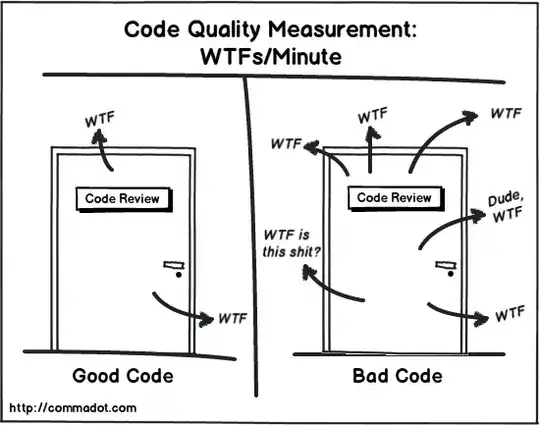I'd like to mention a particular case where it would make sense to have fewer, more multipurpose, methods: if there is a lot of polymorphism, that is, many implementations of this interface; especially if those implementations are in separately developed code that can't be updated in sync (the interface is defined by a library).
In that case, simplifying the job of writing each implementation is much more valuable than the clarity of usage of it, because the former avoids contract violation bugs (the two methods being inconsistent with each other), whereas the latter only hurts readability, which can be recovered by a helper function or superclass method defining getBalance in terms of charge.
(This is a design pattern, which I do not recall a specific name for: defining a complex caller-friendly interface in terms of an minimal implementor-friendly one. In Classic Mac OS the minimal interface for drawing operations was called the "bottleneck" but this does not seem to be a popular term.)
If this is not the case (there are few implementations or exactly one) then separating the methods for clarity, and to allow the simple addition of behavior relevant to nonzero charges to charge(), makes sense.
